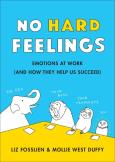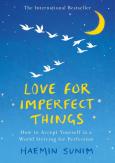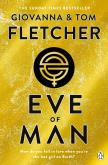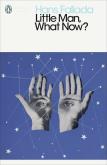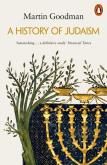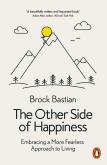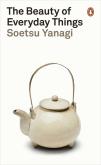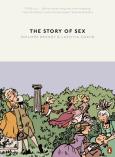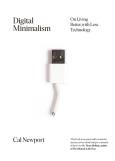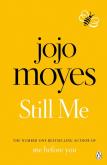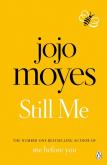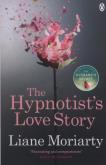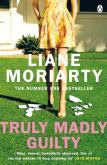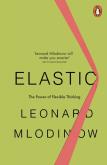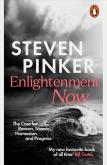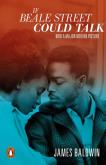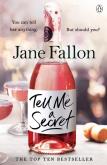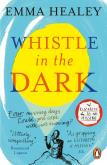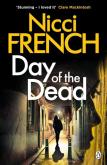Wydawnictwo Penguin Books
Bestsellery
Najniższa cena z ostatnich 30 dni: 39,21 zł
Najniższa cena z ostatnich 30 dni: 26,95 zł
Najniższa cena z ostatnich 30 dni: 29,10 zł
Najniższa cena z ostatnich 30 dni: 56,63 zł
Najniższa cena z ostatnich 30 dni: 22,28 zł
Najniższa cena z ostatnich 30 dni: 28,04 zł
Najniższa cena z ostatnich 30 dni: 26,45 zł
Najniższa cena z ostatnich 30 dni: 192,57 zł
Najniższa cena z ostatnich 30 dni: 37,90 zł
Najniższa cena z ostatnich 30 dni: 33,90 zł
Najniższa cena z ostatnich 30 dni: 37,90 zł
Najniższa cena z ostatnich 30 dni: 37,90 zł
Najniższa cena z ostatnich 30 dni: 46,90 zł
Najniższa cena z ostatnich 30 dni: 35,90 zł
Najniższa cena z ostatnich 30 dni: 56,82 zł

